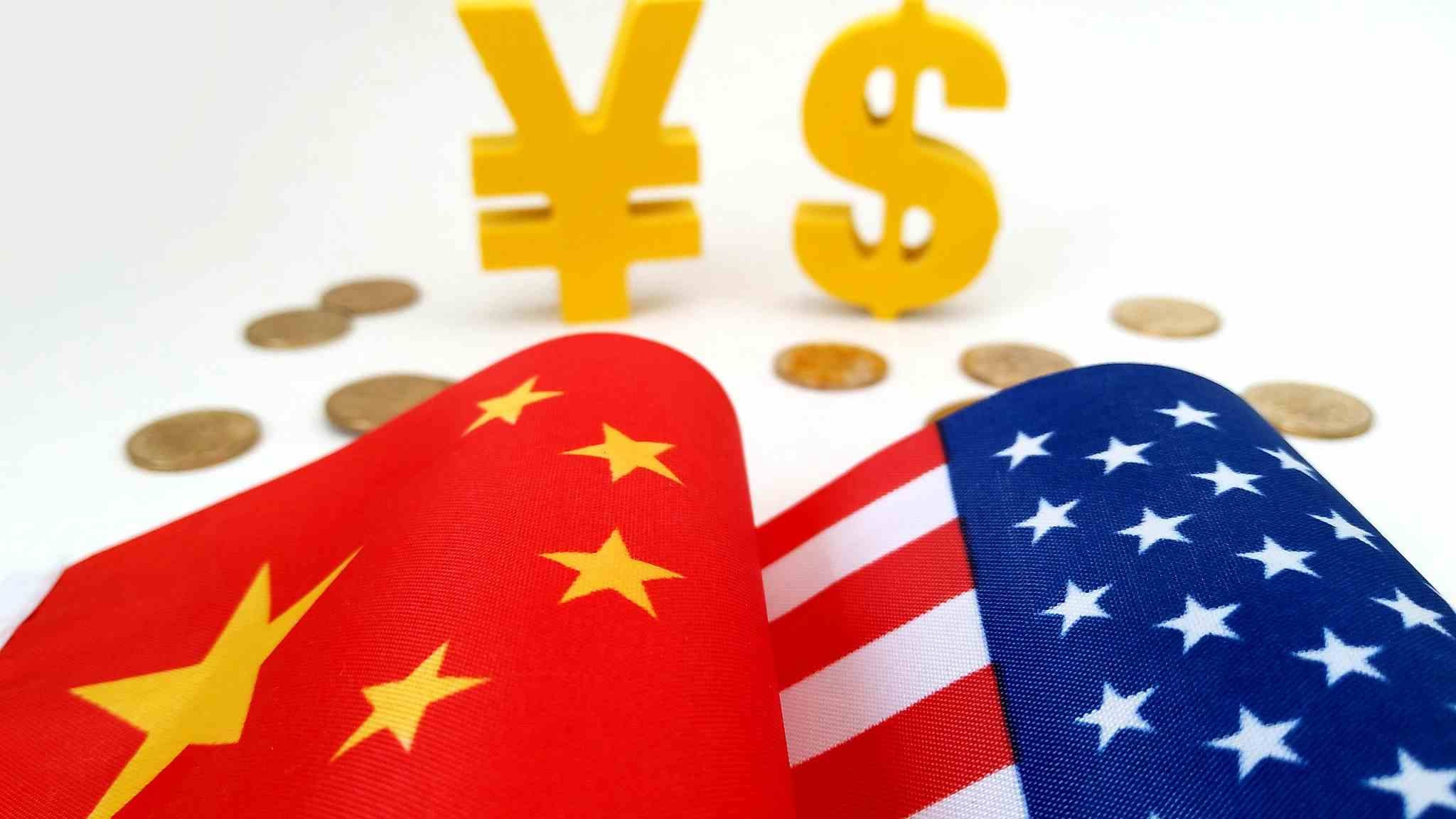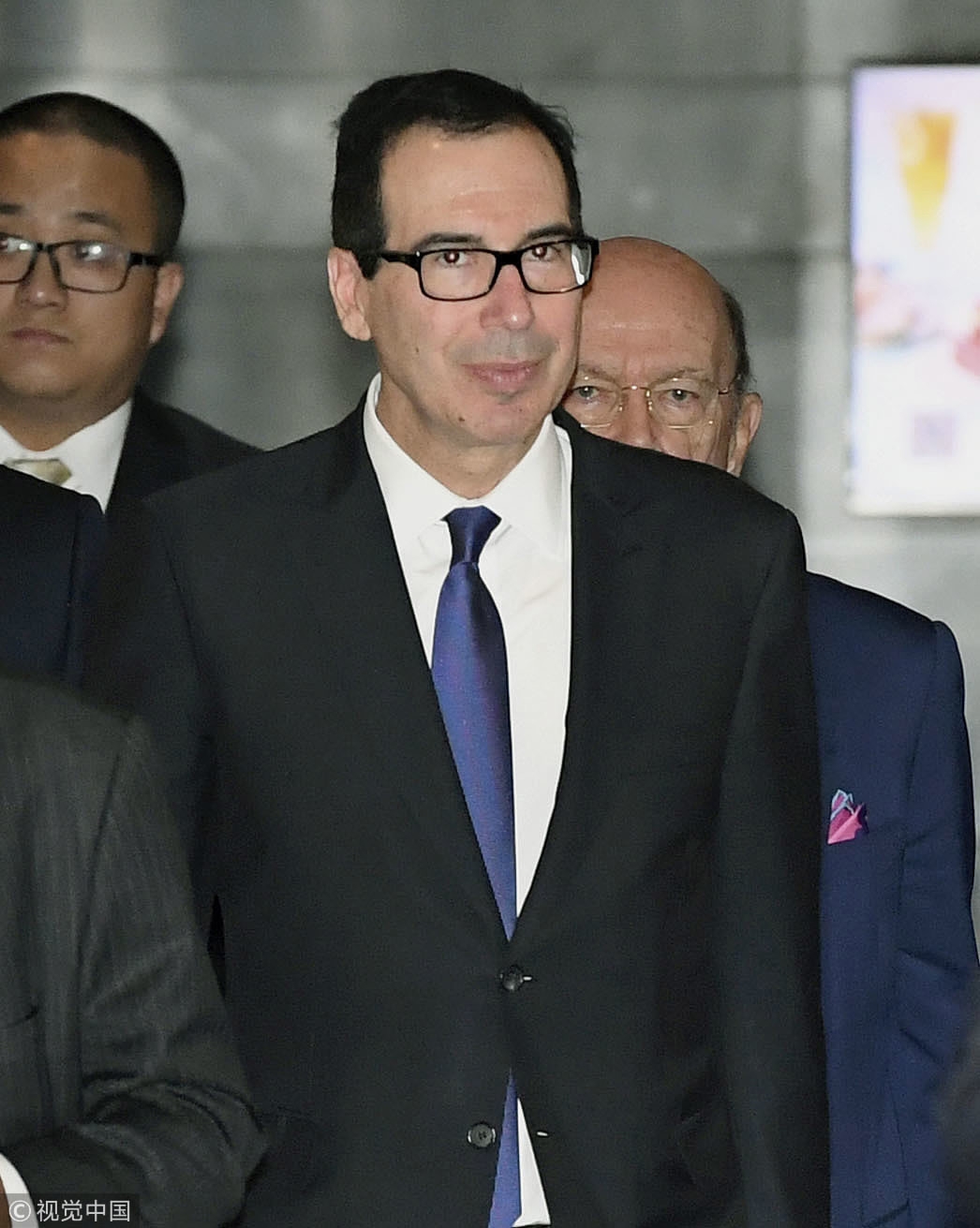
Opinions
19:40, 08-May-2018
Opinion: Fair and reciprocal foreign trade rules
Guest commentary by John Gong

The trademark principle in Trump administration’s negotiation with China is the emphasis on fair and reciprocal rules. That means both sides’ trade regulations need to be on equal footings. While Washington’s purveying of equality in these matters appears to be righteous, the latest statement from White House Press Secretary Sarah Sanders regarding Civil Aviation Administration of China’s recent regulatory demand - the accusation about it being Orwellian - in fact reminisces about George Orwell’s other famous statement that “all animals are equal but some animals are more equal than others.”
The matter regards the agency’s recent letter to foreign airlines operating in China, particularly several American airlines, to remove any information suggesting Taiwan, Hong Kong or Macau are not part of China.
In response, Sanders said in a statement: “This is Orwellian nonsense. We call on China to stop threatening and coercing American carriers and citizens.” She further called the effort “part of a growing trend by the Chinese Communist Party to impose its political views on American citizens and private companies.”

US Treasury Secretary Steven Mnuchin leaves a hotel in Beijing on May 4, 2018. /VCG Photo
US Treasury Secretary Steven Mnuchin leaves a hotel in Beijing on May 4, 2018. /VCG Photo
Wait a second. America’s one-China policy is a political view? Maybe Washington Post columnist and perennial China-hater Josh Rogin does have a point, when he wrote recently on the same issue, “The United States does not have a one-China policy. Washington acknowledges Beijing’s position that there is one China that includes Taiwan and the United States takes no stance on that question. The US government is not going to agree that Taiwan is part of the People’s Republic of China, and neither should American companies.”
That is fine. What Rogin said does have some truth in it. We are not going to argue over the true meaning of the set of protocols the US government signed with China when diplomatic relations were established between our two countries. On this point I am actually in agreement with Rogin that the one-China policy is a loosey-goosey kind of thing to bypass the congressional resistance in the first place, and more importantly the circumstances under which these protocols were signed have undergone profound changes.
Honestly I don’t have any faith in much congressional support anymore for the one-China policy, as it is abundantly clear in the passing of the Taiwan Travel Act. Not a single vote is in opposition of this vicious act in defiance of the spirit of the one-China policy.

US Trade Representative Robert Lighthizer (L) leaves a hotel in Beijing on May 4, 2018. /VCG Photo
US Trade Representative Robert Lighthizer (L) leaves a hotel in Beijing on May 4, 2018. /VCG Photo
But regardless of this moot, pathetic and hopeless debate over the one-China policy with Americans, the requirement of assuring the one-China compliance for foreign airlines operating in China is a matter of abiding by China’s domestic law, not a policy issue at all, just as the same requirement imposed on ZTE in abiding by the American domestic law regarding the trade embargo against Iran.
Probably much to Sarah Sanders’ ignorance, there is indeed a piece of legislation in China called Anti-Secession Act enacted in 2005. Article 2 of the Act explicitly spells out the meaning of the one-China policy and the vow for China’s sovereignty and territorial integrity over Taiwan. It is clear that actions in violation of the spirit and the substance of this Act are not going to be tolerated in China, certainly including those by foreign companies and citizens operating in China.
If requiring American companies in China to abide by China’s domestic law is called “threatening and coercing American carriers and citizens”, I would call on Washington to stop threatening and coercing ZTE first. At least China is issuing a letter and a demand to American airlines. It hasn’t done anything yet, but the depletion of ZTE’s American parts supply is present and current.
(The author is a research fellow at Charhar Institute and professor at the University of International Business and Economics. The article reflects the author's opinion, and not necessarily the views of CGTN.)

SITEMAP
Copyright © 2018 CGTN. Beijing ICP prepared NO.16065310-3
Copyright © 2018 CGTN. Beijing ICP prepared NO.16065310-3